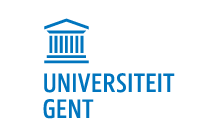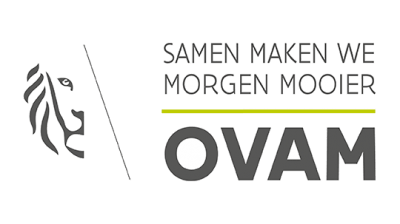Up to 30,000 extra jobs by 2030
Thursday 11 July 2019
Giving raw materials and products the longest and highest quality lifespan possible, that is the philosophy of the circular economy. It's an important topic in an age in which the agenda is more than ever being set by issue of climate change. The Circular Economy Centre (Steunpunt Circulaire Economie) brings researchers together. Their goal? To develop a well-founded vision of the future. How will the circular economy change our daily lives in the decades to come? In this series of interviews, we ask them about their insights.
Innovation, robotization and automation represent threats for many jobs. In the future, there will be fewer opportunities for low-skilled and vulnerable groups. These are only two of the many disastrous scenarios that are regularly brought up.
Are things really going to get that bad with our future employment opportunities? Kris Bachus, a researcher at HIVA – Research Institute for Work and Society at the KU Leuven – does not share that gloomy outlook: “By 2030, the circular economy will generate an estimated 30,000 extra jobs in Flanders.”
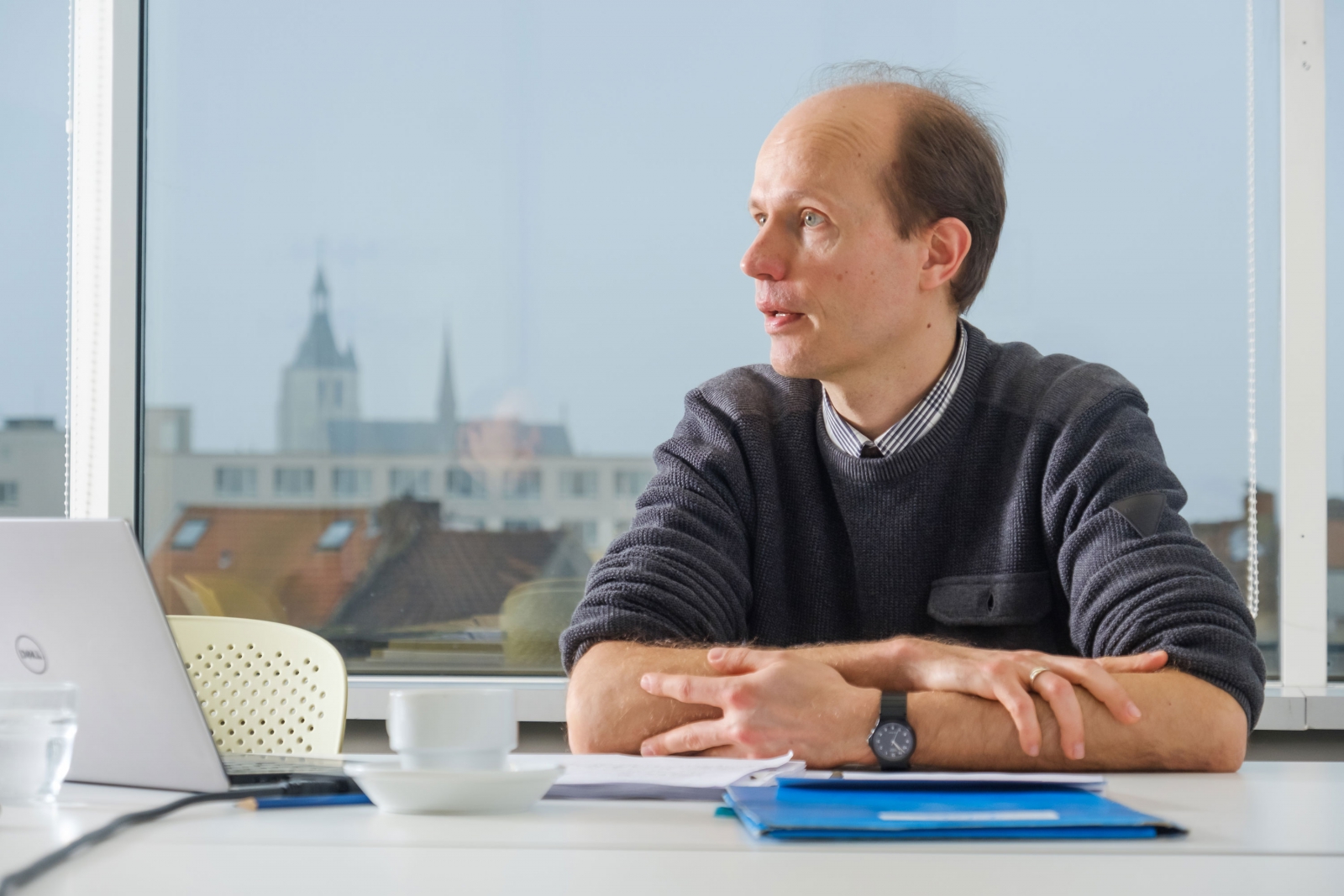
On the whole, positive
“There have always been prophets of doom,” begins Kris Bachus. “Every decade, some economist shows up to predict massive job losses as a result of technological progress. But time and again, the economy and the employment opportunities turn out to be flexible enough to compensate for the jobs that are lost by creating new ones elsewhere. Also, for a transition towards a circular economy, the overall outlook is fairly positive. According to our findings, that is the case.”
“What if you compare the growth figures of the circular economy with the evolution of the global employment opportunities? Then you see that the number of jobs in the circular sectors is growing twice as fast. That's no guarantee for the future, but it is reassuring for our policymakers.”
“The economy and employment market have repeatedly proved flexible enough to compensate for the lost jobs by creating new jobs elsewhere.”
“Our research also covers circular activities in other sectors. The chemical industry, for example. Are certain production batches rejected? Then increasingly, we are seeing efforts to rework that batch into an alternative product. A far better option than simply disposing of everything. We consider these sorts of activities to be circular as well. Even if the chemical sector as a whole is not part of the circular economy.”
From circular economy coach to system switch consultant
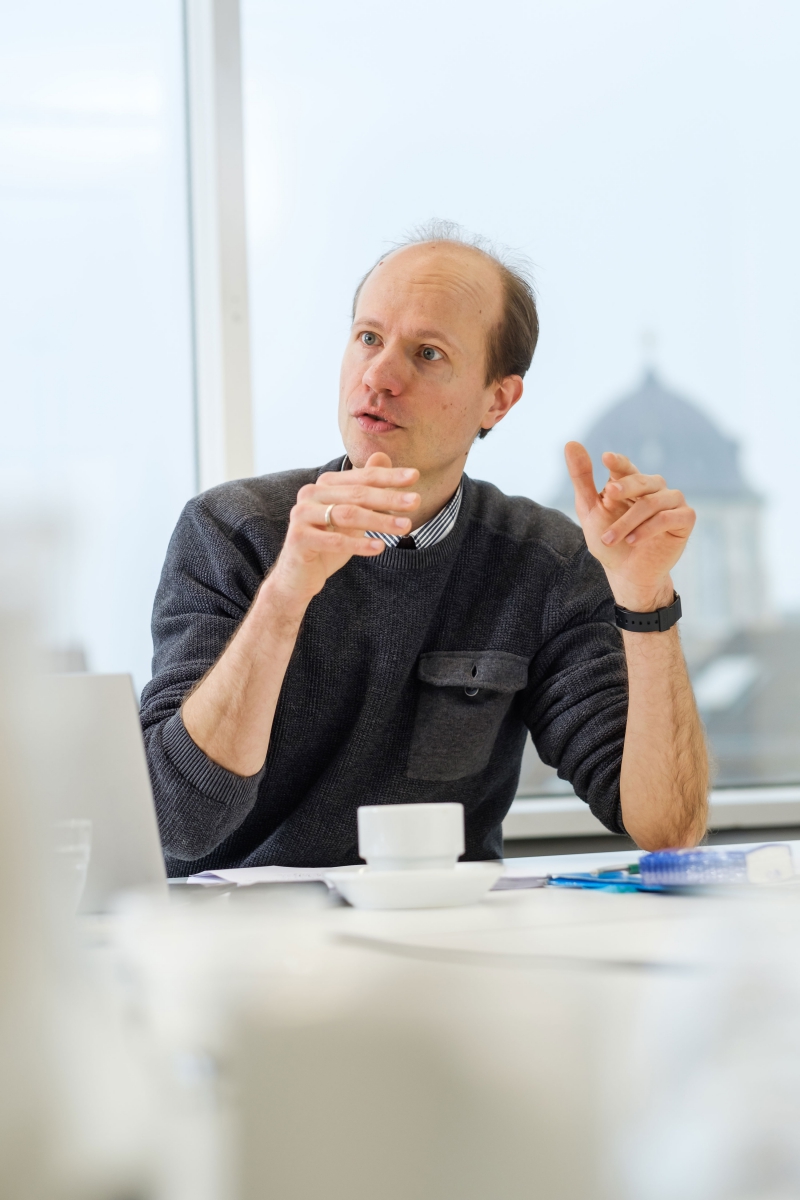 “Do titles such as system switch consultant, circular economy coach and material ID developer sound unfamiliar to you? Nevertheless, we predict that these new jobs will rapidly find their way onto our employment market. Just like dozens of other jobs that you have not even heard of, today.”
“Do titles such as system switch consultant, circular economy coach and material ID developer sound unfamiliar to you? Nevertheless, we predict that these new jobs will rapidly find their way onto our employment market. Just like dozens of other jobs that you have not even heard of, today.”
“How do you prepare your organisation or company for a circular mindset? That is where the role of the circular economy coach comes into play. With his expertise and experience, he helps companies to get ready to enter the circular economy. As a coach, he initiates the necessary changes to processes and production and coaches the management and staff during the transitional period.”
“Are you having a new home built? Then you will be dealing with one contractor after another. In the future, with a system switch consultant, we will be focused much more on the collaboration between the architect and tradespeople. With better coordination of the activities, we can work more efficiently, logically and sustainably.”
“The sustainable management of materials is one of the fundamental pillars of the circular economy. Which materials and raw materials do we (re)use in production processes? The material ID developer creates materials passports that collect all the useful information. Plus helping companies to make sensible and sustainable choices.”
Repair economy
“Aside from those specific new jobs that are linked to sustainable production and waste management, there is also a very old profession that is making a comeback: the repairer. In the consumption society, it was not in the interests of the manufacturers to make their products last for a long time, was it? But, in the circular economy, this is, in fact, a major driving force.”
“This is a trend that is already visible in the many repair café initiatives that are being launched all over. These do not generate any ‘official’ employment opportunities, but they do contribute to a circular mindset. Along with a resurgence of that repair economy, we also expect to see a shift towards leasing and other circular business models.”
“Perhaps the term leasing currently brings company cars to mind, mainly? Well, we see the principle becoming increasingly prevalent in the future. An example: it has become difficult for your elderly parents to climb the stairs. The solution? A leased stair lift that can be returned to the manufacturer afterwards, who will then pass it on to the next user. It should therefore come as no surprise that the leasing sector has great potential in terms of jobs.”
“Thrift stores and companies providing custom work will be among those to reap the rewards of the repair economy.”
What about low-skilled workers?
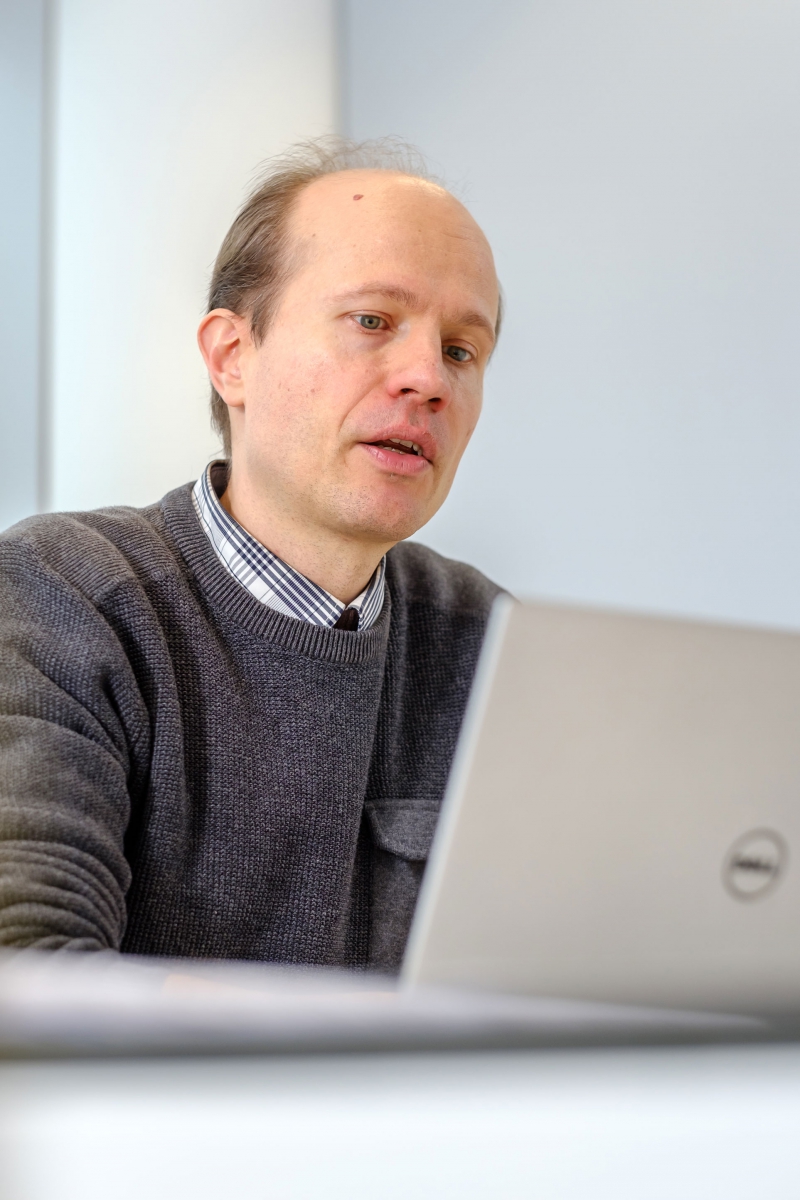 “What jobs will be left in a circular economy that are suitable for low-skilled workers? That is a concern that is also frequently heard. It is already abundantly clear that we will be needing more IT specialists, engineers and technicians. Just like many other highly skilled functions, they will play a key role in our future economic model.”
“What jobs will be left in a circular economy that are suitable for low-skilled workers? That is a concern that is also frequently heard. It is already abundantly clear that we will be needing more IT specialists, engineers and technicians. Just like many other highly skilled functions, they will play a key role in our future economic model.”
“But there will also be opportunities for lower skilled profiles. Because in a circular economy, there will be even greater focus on recycling. Collecting, sorting and manually processing waste: within the waste management sector, we expect to see a distinct increase in jobs.”
“The repair economy will also create opportunities. Here, we are thinking primarily of lower skilled technical workers. They can perfectly be assigned to carry out more basic technical actions. Removing circuit boards from old PCs, for example. Thrift stores and companies providing custom work will be among those to reap the rewards.”
“Although in that area, there will be a need for a permanent subsidy contribution from the government. Only in this way can we guarantee, in the future as well, a job tailored to people who, for various reasons, are unable to find suitable employment on the standard job market.”
“Unlike in the climate change debate, on the issue of the circular economy, we are seeing nothing but supporters. And that is the key to its great potential.”
Capitalising on opportunities
“In other words, there are plenty of reasons for optimism. But we will also need to remain vigilant in the future with regard to hard-to-fill jobs. We're seeing these already now, in areas of business that will only become more important in the future. The need for advanced technical and IT-profiles will continue to grow.”
“And that brings us to the subject of our education system. Because it is adapting slowly to the changing employment needs. That is why we also need to advocate for specialised education through institutions such as the Flemish Employment Service (VDAB) and Syntra. They are often more quickly able to offer new training courses that fulfil our future job needs.”
“Unlike in the climate change debate, on the issue of the circular economy, we are seeing nothing but supporters. And that is the key to its great potential. And this is something we are seeing already emerging today in many small-scale initiatives by people like you and me. Repair cafés, creating one's own products with 3D-printers or collective farming projects: these are all positive signals from a society that is open to greater sustainability.”
“The story of the circular economy is therefore all about opportunities. Converting them to an effective policy in order to make our economy more sustainable: that will be the great challenge in the coming years. Not only for our public authorities and companies. But also for us, as citizens and employees.”
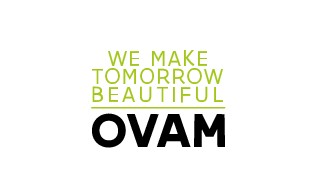
.png)


